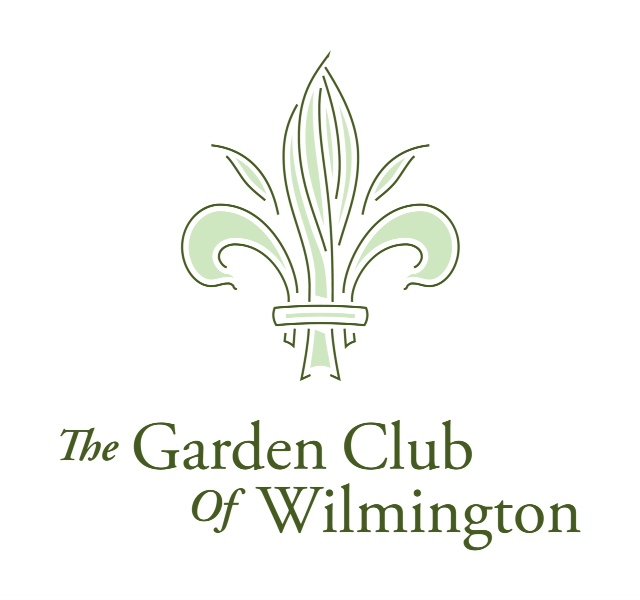The 2020 Freeman Medal winner Geum triflorum, A Stellar North American Native Plant
Geum triflorum, commonly known as prairie smoke, has been named the 2020 Plant of the Year by The Garden Club of America (GCA). Annually, the GCA identifies a stellar North American native plant to receive The Montine McDaniel Freeman Medal: Plant of the Year.
Prairie smoke, an exquisite herbaceous perennial, is an early bloomer on prairies and a great nectar source for native long-tongued bees and butterflies, as well as native bumblebees and sweat bees. Although prairie smoke is being challenged by taller, non-native plants in its native mesic prairie sites, it is readily adaptable to many other areas. Tolerant of poor soil, moderate drought, heat, and humidity, Geum triflorum can be grown in sun or partial shade and is suitable for cottage gardens, prairies, meadows, and perennial beds. It is not favored by deer or burrowing animals. Geum triflorum is hardy in USDA Hardiness Zones 3-7.
This medal was established in 1995 to highlight underutilized, but highly worthy, native trees, shrubs, groundcovers, vines, and perennials. The goal is to draw attention to select native plants, encourage their use in the landscape, and make them familiar to gardeners and more available in nurseries. The annual medal selection is carried out by a group of highly respected horticulturists from across the country. Woody and herbaceous plants are nominated in alternate years. The 2020 winners were selected from 23 herbaceous plants nominated by members of GCA clubs.
Honorable Mention was awarded to Asarum canadense, wild ginger. This North American wild ginger, a shade-loving herbaceous perennial, colonizes to form a graceful ground cover that successfully competes with non-native plants. It is a food source for Battus philenor, pipevine swallowtail, is deer resistant, and unpalatable to other mammals. A low maintenance plant, it grows well in many different soil types. Asarum canadense is hardy in USDA Hardiness Zones 4-6.
Honorable Mention was also awarded to Penstemon strictus, Rocky Mountain penstemon. This native penstemon is a prolific pollinator magnet, attracting butterflies, moths, and native bees. It is adaptable to both wild sites and garden settings and thrives in sandy loam, rocky soil, and even clay soil. Penstemon strictus is a vigorous, low maintenance perennial suitable for growing in sun or partial shade. Penstemon strictus is hardy in USDA Hardiness Zones 3-8.
Special Recognition was awarded to Zamia integrifolia, coontie, a native of the southeastern United States (GA and FL) and parts of the West Indies. Z. integrifolia is the only cycad native to the United States. Coontie was harvested almost to extinction during WWI, because its starchy roots were made into a mold-resistant flour that was sent overseas. Along with its comeback came the rediscovery of Eumaeus atala, Atala butterfly, which uses coontie as its host plant. Zamia integrifolia is hardy in USDA Hardiness Zones 8-11.
